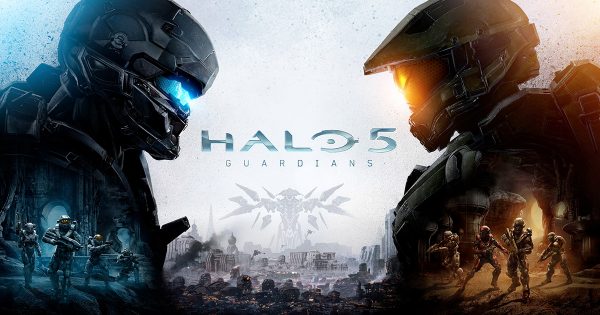
Let’s get one thing out of the way right now. Microsoft is not in financial trouble. Microsoft is very richer. They are richer than you, richer than me, and richer than several fine countries in the world. It’s hard to imagine the series of business decisions that could topple their $500 billion empire.
That being the case, why is it that Microsoft is having so much trouble securing exclusives for the Xbox One?
For some time, gamers have been speculating that Xbox One was short on exclusives. It’s a fear that has been validated thus far in 2017 as Sony and Nintendo have been using exclusives to dominate the marketplace (with games like Horizon: Zero Dawn and The Legend of Zelda: Breath of the Wild leading the pack) while Microsoft has only really released the good, but not great, Halo Wars 2.
The lack of big-name exclusive titles for Xbox One seems like one of those problems that money could solve, doesn’t it? After all, if you’re a consumer who wants a game you simply go out and buy it. Isn’t the process roughly the same for a company like Microsoft?
The process is similar – plus or minus a few big catches – but the culture is different. There was a time when developers were seen solely as weapons in the great console wars. He who acquired the most developers typically had a greater advantage over their competitors.
While that is still somewhat the case, the problem is that fewer developers want to be bought. The rising cost of game design dictates that they not limit themselves to one platform in order to increase their chances of recouping costs and turning a profit.
In fact, many major exclusive relationships can be traced back to older generations. Nintendo has, obviously, always kept their own games exclusive, while Sony has maintained a relationship with companies like Naughty Dog (The Last of Us) and Guerrilla Games (Horizon: Zero Dawn) for years now. Those exclusives have been “grandfathered” into the new era, if you will.
That brings us to Microsoft. Microsoft’s most notable exclusive deals over the years have been their agreement with Remedy Games, their acquisition of Rare, their purchase of the Halo franchise, and the relative exclusivity of Gears of War.
The harder you look at that list, the more you realize that Microsoft’s current predicament is the result of betting on the wrong horses.
Granted, that’s not the full list of Microsoft exclusive properties and many of the games on that list have resulted in millions of dollars in sales for Microsoft. However, those are some of Microsoft’s most expensive exclusivity investments, and each of them comes attached with baggage.
The Remedy deal has fallen apart, Rare has yet to return to their former glory, and Halo and Gears of War are slowly starting to show diminishing returns. Other major investments, like the Forza series, cater to a select demographic, while games like Crackdown and Phantom Dust have simply been hibernating for too long.
Then you have companies like Smilebit, Realtime Worlds, and Fasa Studio who all once developed major Microsoft exclusives and have since shut down. Not to mention exclusive titles like Scalebound which simply died on the vine. All of these occurrences have contributed to Microsoft’s current reliance on bombshell releases in what is becoming a war of attrition.
Microsoft’s situation is not hopeless. Hey, few situations are when you’re worth around $500 billion. However, the next time you ask yourself how Microsoft got into this minor mess, consider the possibility that their problems can be traced back to the investments.



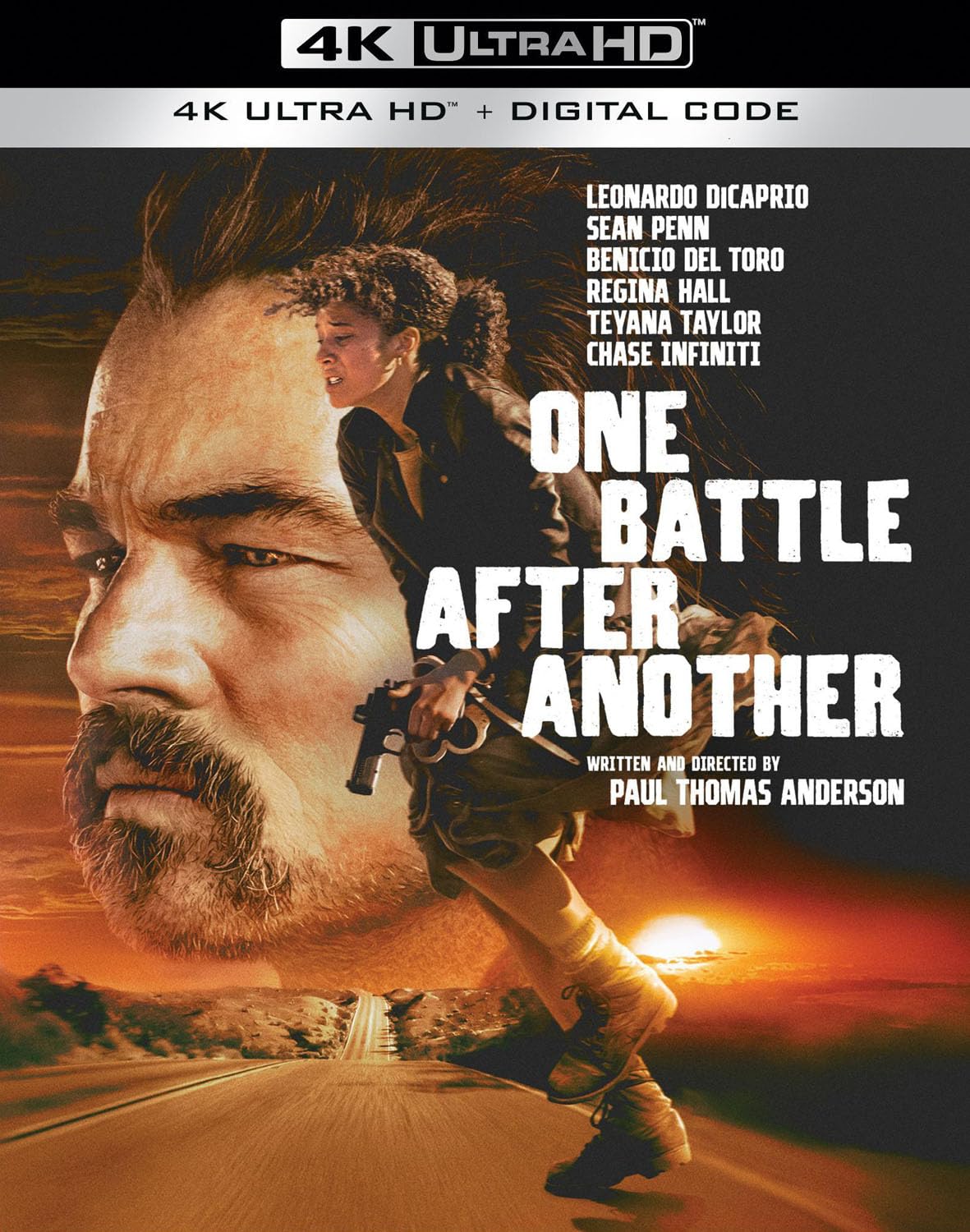
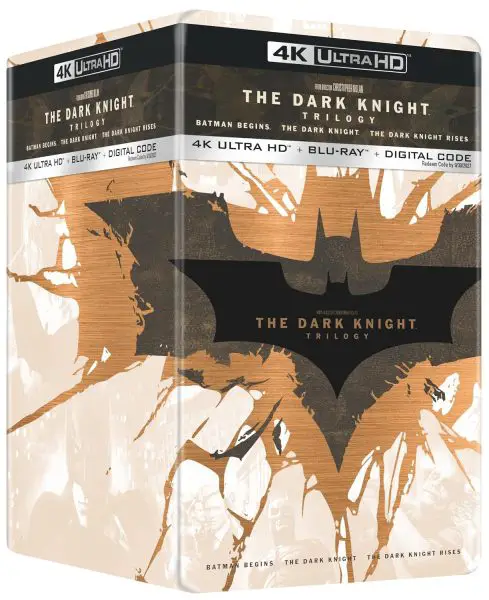
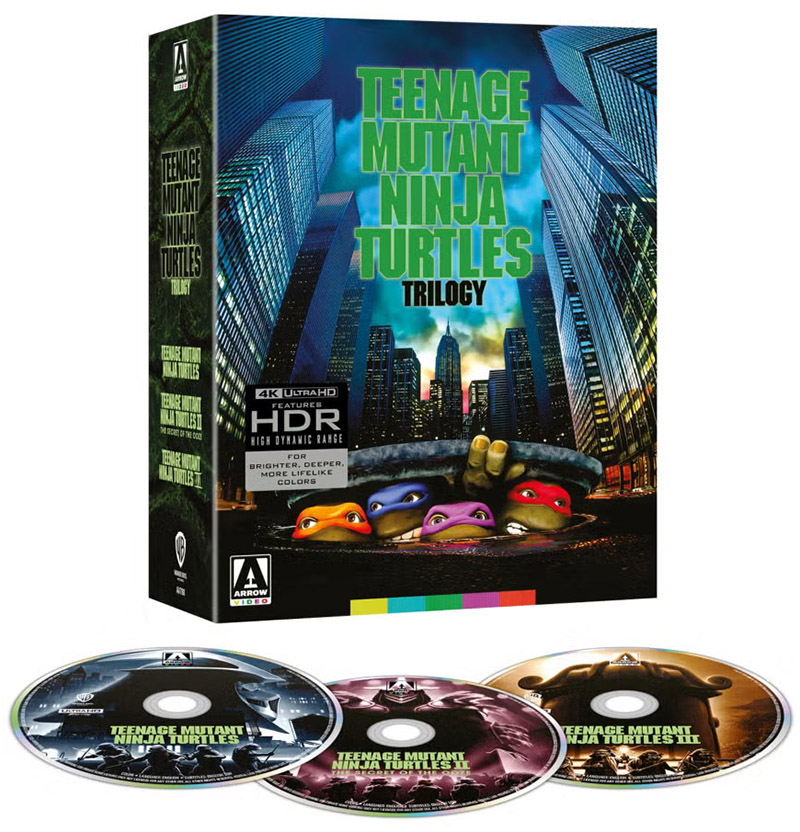
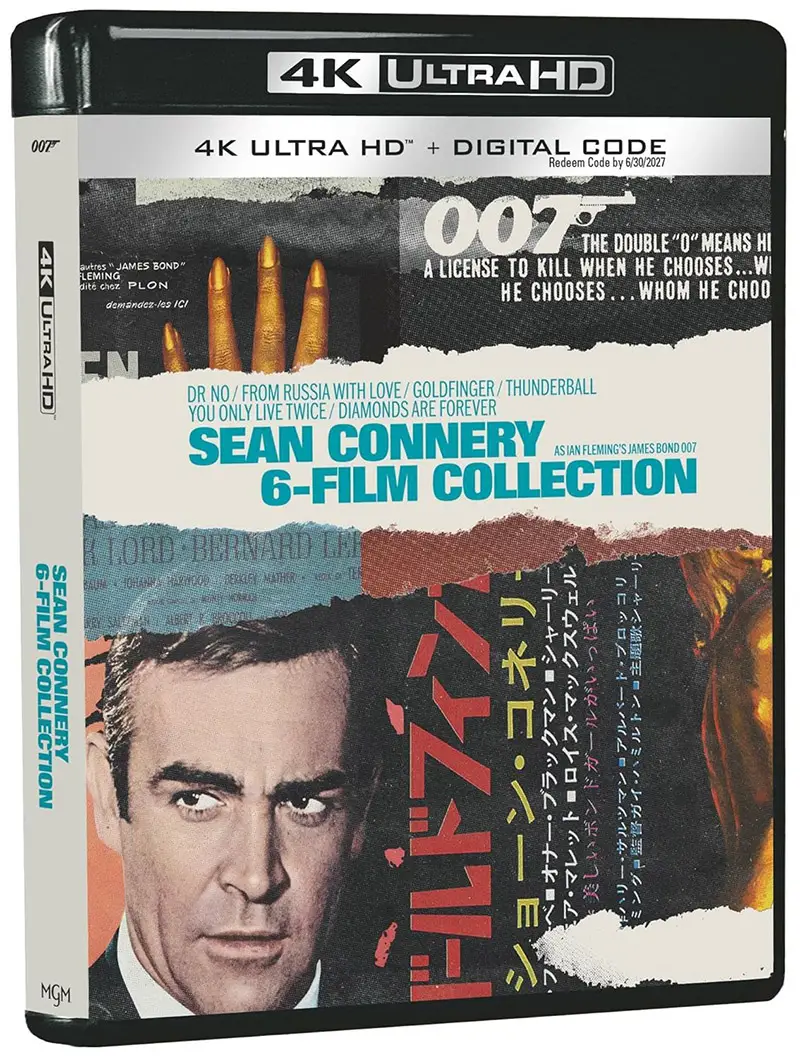
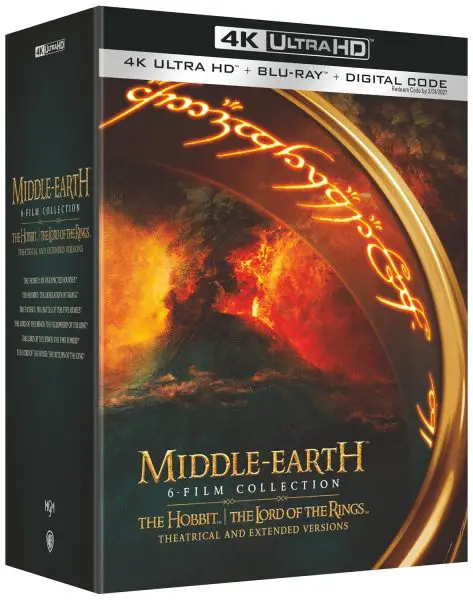

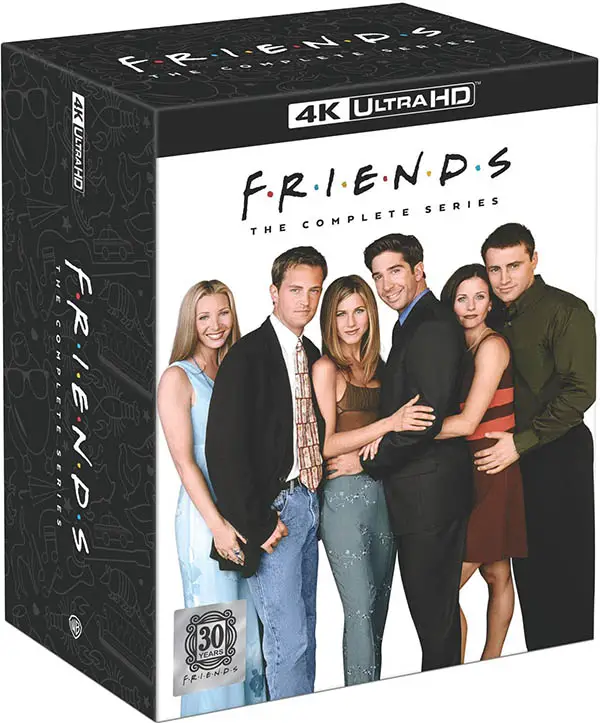



Sony does not just “maintain a relationship” with Naughty Dog and Guerrilla Games. Sony OWNS Naughty Dog and Guerrilla Games. Sony OWNS the IP of Uncharted, The Last of Us, and Horizon, much like Microsoft owns Halo.